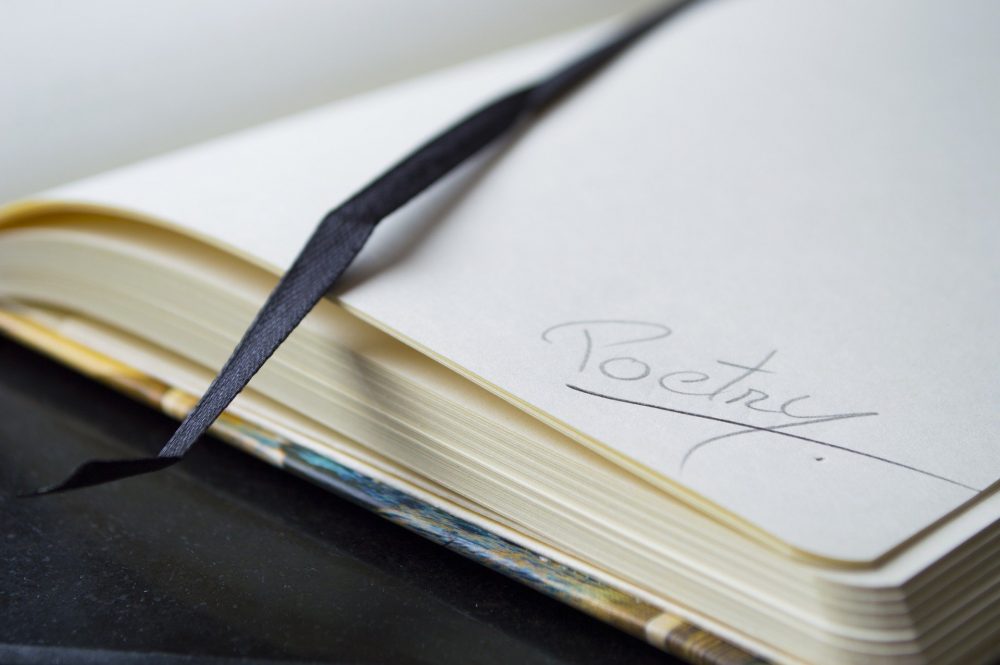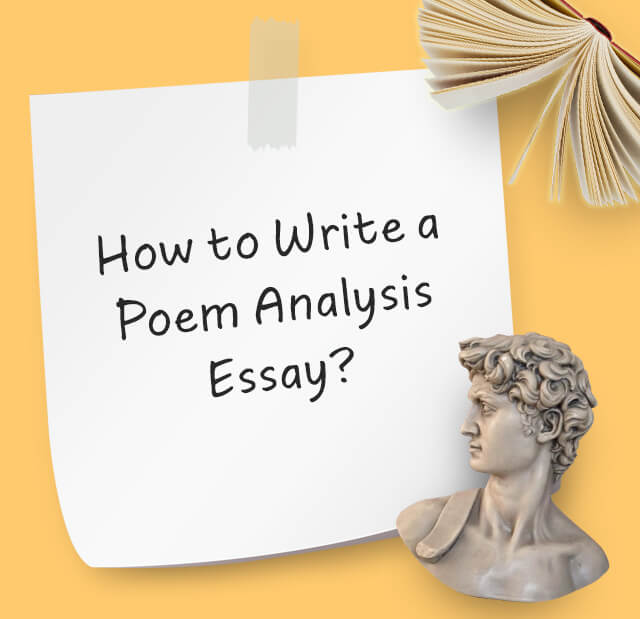
Want a great poems that is based on couplets? “The Secret Heat” is fantastic. You can find an entire lesson for analyzing and writing a companion poem in the link below:
Challenge students to create a poem in which the beginning and the ending are opposite things. For example:
- confidence! Short lines with a planned end rhyme can help students feel more confident about writing poems.
- meter. couplets are a great way for students to practice meter. Each line in the couplet can be clapped out to determine if it has the same number of beats as the next line.
- rhyme scheme. Students learn the aa, bb, cc pattern and what it means.
- condensed language. Can students create a poem that has a beginning, middle, and end in a series of couplets? Three couplets, two, or one?
- word choice. When dealing with end rhyme – simple words are tempting, but they don’t bring anything to the party. Each word needs to be carefully chosen.
- What is the theme of your poem?
- What do you want your reader to experience after reading your poem?
- What is your favorite part of this poem?
What students can learn about poetry through this:

This is another poem that is fun to write as a class. Students notice that line four contains a shift — from the first noun to the last noun.
Students often struggle with poetry writing because, as the narrator of Love that Dog says, “anything can be a poem if you write short lines.”
You can provide students with poem starters — ideas and words that they can use to get started. Challenge them to write a series of couplets about the topic.

The best of poems do not always come from the past or the future. They come, sometimes, from the subtle, easy-to-overlook, everyday occurrences of life. Imagine:
Before students can write excellent poetry, they must be able to connect with the topic given. Here are some poetry topics for middle school students that most will have connections with.
- The letter never delivered.
- I’m Sorry.
- Date Rape.
- My greatest fantasy.
- I have a dream.
- The love I never had.
- Why common sense is not so common.
- The incident that changed my life forever.
- The crime we all commit.
- Why it is so frustrating to be frustrated.
- First time you fell in love.
- The first time you cried your heart out.
- First heartbreak.
- The first poem that made you love poetry.
- The first time you stood against the crowd.
- The first time you failed at something.
- The first time you had depression.
- The first time you went on a vacation.
Nature And Space
- In your soup.
- Under a shoe.
- In the clouds.
- Becoming Invisible.
- Inside someone’s pocket.
- Becoming an ant.
- Having superpowers.
- Caught in the wind.
- Becoming the tallest person in the world.
- Communicating with animals.
When you find an unexpected thing happens, your emotions will trigger you to fight, flee, or stay. What will you do in the following situations? Write that poem!
First times is usually hard to forget. They bring either happy or sad memories, both emotions of which can significantly enhance your writing. Think of:
In slam poetry, poets perform spoken word poetry before a panel of judges and a live audience. To win this competition, one needs a topic that resonates with the audience. Spoken word poetry is poetry that is written to be performed. Contact our experts in literature to learn more. Here are some spoken word poetry topics and poetry slam topics to daze your next audience.

The type of the poem usually affects its structure and content, so it is important to be aware of all the recognized kinds to set a proper beginning to your poetry analysis.
As has already been stated, a poetry analysis essay is considered one of the most challenging tasks for the students. Despite the difficulties you may face while dealing with it, the structure of the given type of essay is quite simple. It consists of the introduction, body paragraphs, and the conclusion. In order to get a better understanding of the poem analysis essay structure, check the brief guidelines below.
A good poem analysis essay example may serve as a real magic wand to your creative assignment. You may take a look at the structure the other essay authors have used, follow their tone, and get a great share of inspiration and motivation.
The rereading of the poem assigned for analysis will help to catch its concepts and ideas. You will have a possibility to define the rhythm of the poem, its type, and list the techniques applied by the author.
Find out more about the poem background
Make sure the transitions between your paragraphs are smooth and logical to make your essay flow coherent and easy to catch.
There are a lot of benefits why you should refer to the professional writing agencies in case you are not in the mood for elaborating your poetry analysis essay. We will only state the most important ones:
Check the historical background of the poetry. The author might have been inspired to write a poem based on some events that occurred in those times or people he met. The lines you analyze may be generated by his reaction to some epoch events. All this information can be easily found online.

Poems is a free mobile app where you can write and post your poems. You can also read and comment on the works of other poets. The app encourages users to interact with each other in a friendly and constructive manner, which is perfect for poets who are interested in receiving feedback about their writing. The poems on the app are categorized by topic, and some of the app’s most popular categories include love, friendship, life, nature, and family. There’s also a section dedicated to all the featured poems for that particular month.
The Haiku Foundation’s mobile app is a portable library containing hundreds of beautiful haikus. Their haiku collection is carefully curated, and you’ll find a mix of haikus by renowned Japanese masters and respected modern writers, as well as those written by lesser known poets. If you’re trying to look for a specific haiku, you can search the app’s library by author, content, or source. If you want to read a haiku you’ve never read before, you can shake your phone to see a random poem from the collection.
As an added bonus, Poet Assistant also has a section where you can enter your text and have your device’s text-to-speech engine read it aloud to you. Poet Assistant is absolutely free and currently available to both iOS and Android users.
When writing poetry, you may come across terms you might not be familiar with. Metonymy, hyperbaton, anastrophe… While no one expects you to know what every single literary term means, it may be helpful to have something to refer to when these terms do pop up. And that’s exactly what the Oxford Dictionary of Literary Terms app does. It provides definitions of literary terms, including newly coined terms from modern theoretical and critical movements.
12. English Poets and Poems
This is an app specifically designed for poets that also happen to be more musically inclined. The neat thing about this Android app is that it allows you to record music or melodies that you create on your phone. Have a cool beat for a rap song floating around in your head? Use this free app designed by Eli Brown to record it.
As a graduate from the University of Arizona in English and Creative Writing, Rofida Khairalla’s love for classical literature and post-modern fiction extends beyond the realm of books. She has provided her services independently as a freelance writer, and wrote on the news desk for the student-run newspaper, The Daily Wildcat. As an aspiring children’s book author, she’s refined her craft amongst the grand saguaros of the Southwest, and enjoys playing with her German Shepherd on the slopes of Mount Lemmon.
This is a great app for the modern poet, because it brings the workshop to you. Using PortaPoet, compatible with IOS, you can count syllables, rhyme, and even publish your poems. But one of the best features of this $1.99 app is that you can actually rate poems or “rap battles” and challenge others to a competition as well.
If you found this post useful, you may also like our article that features 59 top apps for writers.

You’re not going to get paid to write poetry for most magazines, trade pubs, businesses, or blogs.
- Charge to submit: $2.00
- Rates: $5 per page (up to 5 pages) + plus two copies
But you can actually get paid to write poetry? Yes. I’ve written poetry for a long list of publications, and ultimately published a book of poetry. It’s not the only way I make a living writing, but submitting poems for money is certainly one of my income streams.
- Charge to submit: none
- Rates: Minimum pay for poetry is $12 plus. More for multi-page poems, but pay often exceeds those minimums. Payment to contributors also includes two copies of the issue and 40 percent discounts for additional copies and subscriptions.
How Much Can You Get Paid to Write Poetry?

Strange Horizons calls itself a magazine of speculative fiction, but it also publishes fantasy and science fiction and slipstream poetry.
- Charge to submit: none
- Rates: up to $3 per line; $25.00 minimum
- Charge to submit: $3
- Rates: $10 per printed page (minimum payment: $50), + one contributor copy + a one-year subscription.
